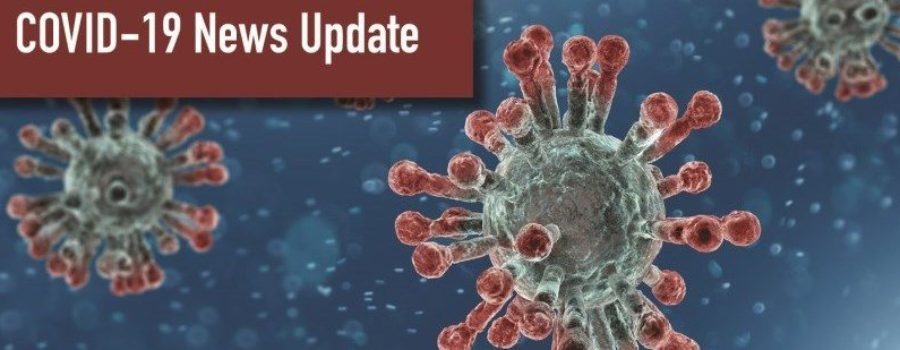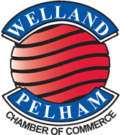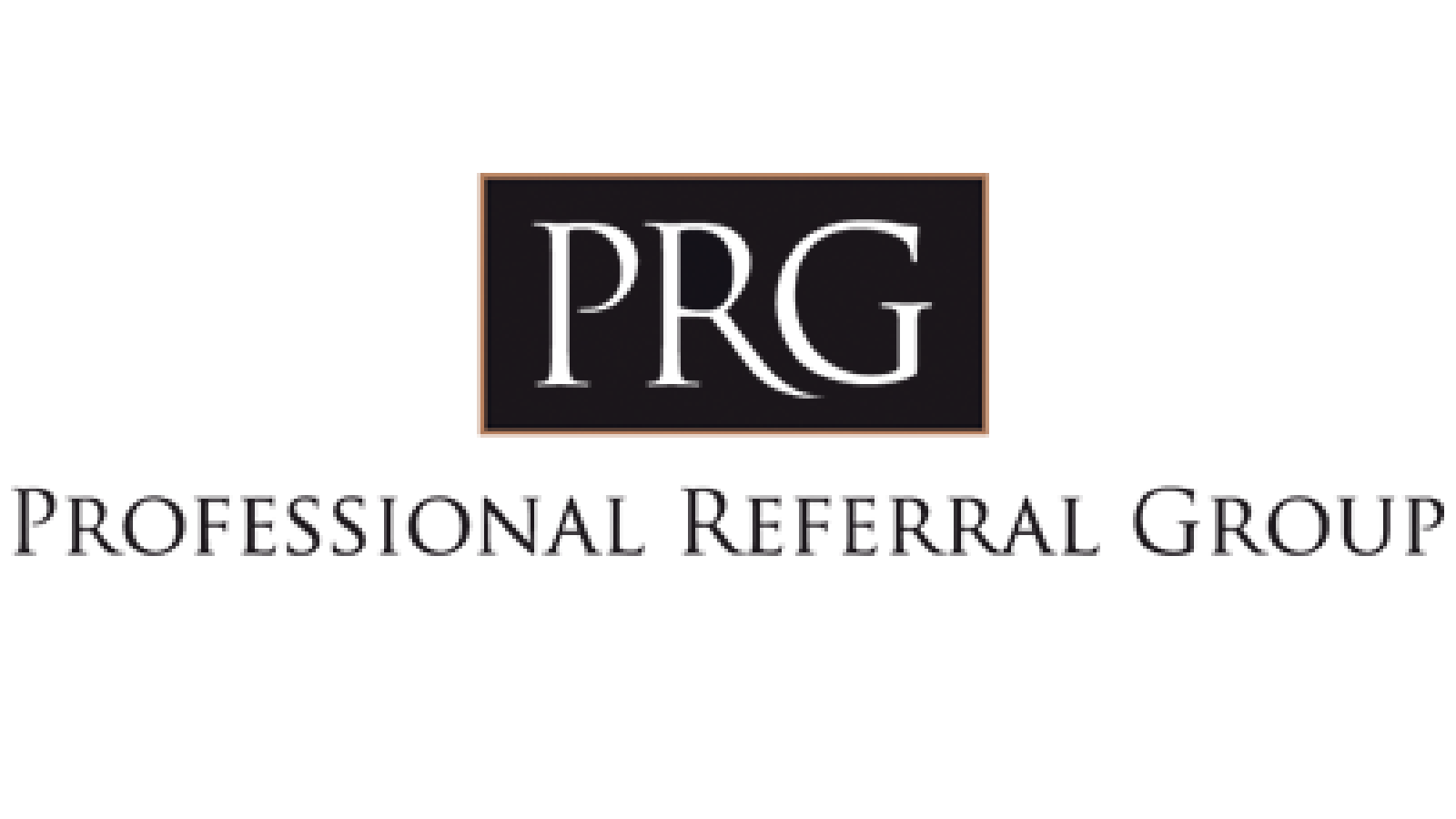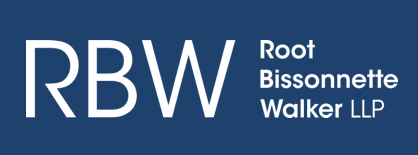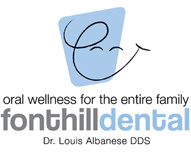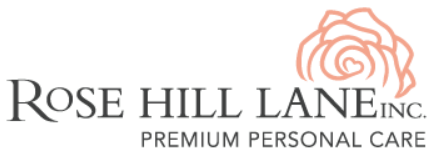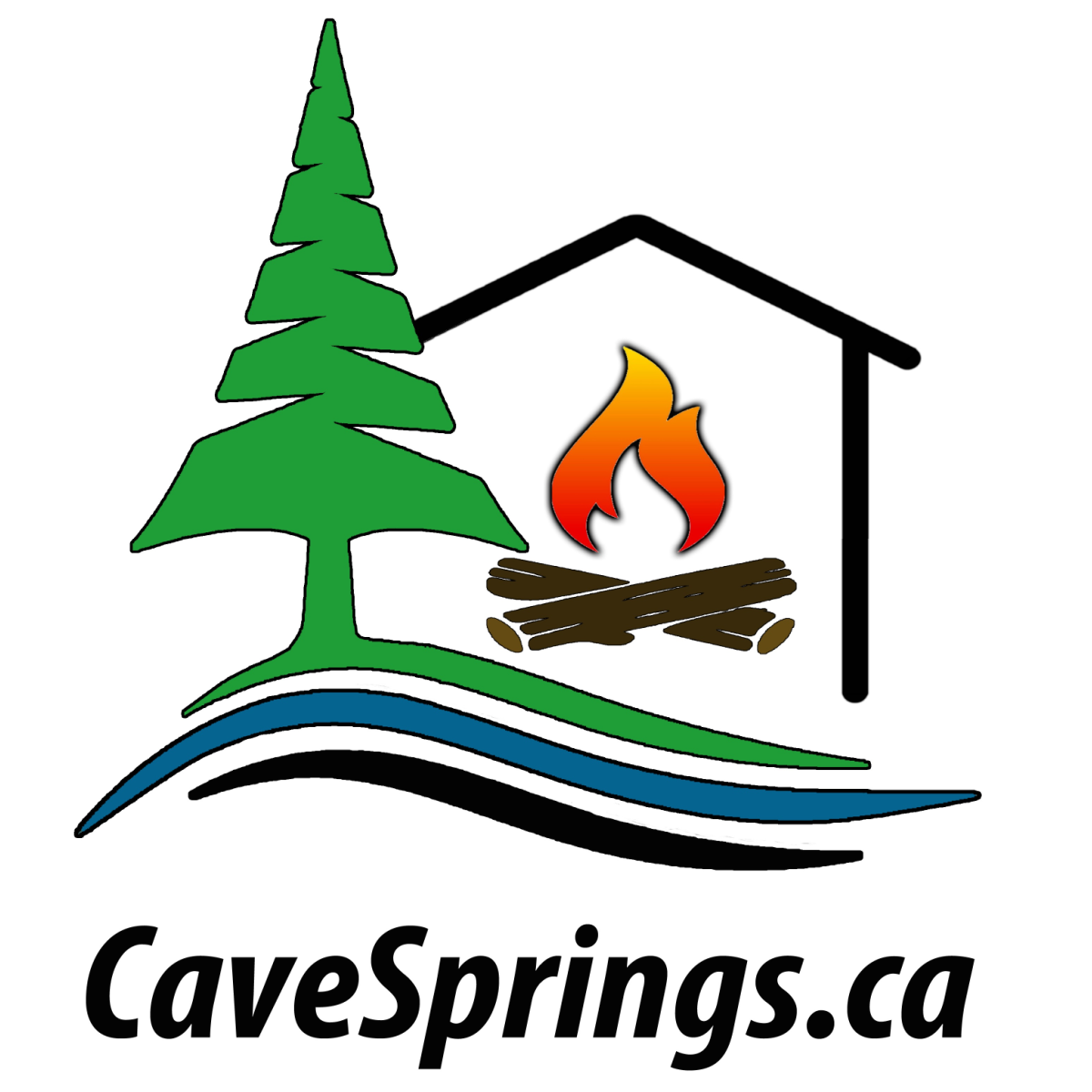From Niagara Region Public Health
Niagara Region Public Health is pleased that the Ontario government’s “A Framework for Reopening our Province” emphasizes contact tracing and case management as a cornerstone of how Ontario will continue to control COVID-19 as emergency measures are lifted.
Contact tracing and case management has been one of Niagara Region Public Health’s three primary priorities for stopping the spread of COVID-19 infections. When Public Health receives a report of a confirmed positive case of COVID-19, we conduct what is known as contact tracing.
Upon receiving a report of a confirmed case, Niagara Region Public Health:
- Immediately follows up to ensure the person diagnosed is isolating, and identifies the period in which they would have been infectious. The infectious period determines how long the person must isolate themselves and the period during which contacts could have been exposed to the virus.
- Retraces the person’s actions from the moment they became infectious to assess who may have come in contact with them and the nature of these interactions to identify everyone who may be at risk of infection
- Follows up with each person identified with being at risk. For those at higher risk, direction is provided including whether they need to isolate and for how long. For many, the risk is low and those individuals will need to monitor their symptoms for up to two weeks to ensure they do not become infected.
- If required, advises facilities on infection prevention measures such as physical distancing, disinfection, wearing protective equipment, and screening of persons for illness before entry
Niagara Region Public Health has created a quick video to help explain the process of contact tracing with every positive case of COVID-19.
Over the past six weeks, Public Health has redeployed staff to increase contact tracing and case management capacity almost eight-fold. Public Health is also leveraging external resources such as medical students and volunteers through the Public Health Agency of Canada as additional capacity.
If you have questions about COVID-19, contact Niagara Region Public Health by calling 905-688-8248 press 7, then press 2 or toll-free 1-888-505-6074. Although COVID-19 is often very mild, minor symptoms should not be ignored. If you have a fever, new or worsened cough, sore throat, runny nose or congested nose (not allergies), chills, or difficulty breathing, please contact Niagara Region Public Health.
The best way to prevent the spread of respiratory viruses, including COVID-19 is to:
- Avoid all non-essential trips into the community
- Wash your hands often with soap and water or with alcohol-based hand rub
- Practice physical distancing by avoiding unnecessary close interaction with others
- Stay home if you’re sick
- Cover coughs and sneezes with a tissue or sleeve
- Clean and disinfect high-touch surfaces daily. Use a disinfectant with a drug information number (DIN) and follow manufacturer’s instructions.
- Call ahead if visiting your health care provider for infectious symptoms so they can plan to protect others from spread
As this is a rapidly evolving situation, we continue to remind everyone the importance of using credible sources to stay informed. We update our website frequently as new information is confirmed. We encourage all Niagara residents to visit our Novel Coronavirus (COVID-19) webpage.
 Back to myNiagaraOnline
Back to myNiagaraOnline










